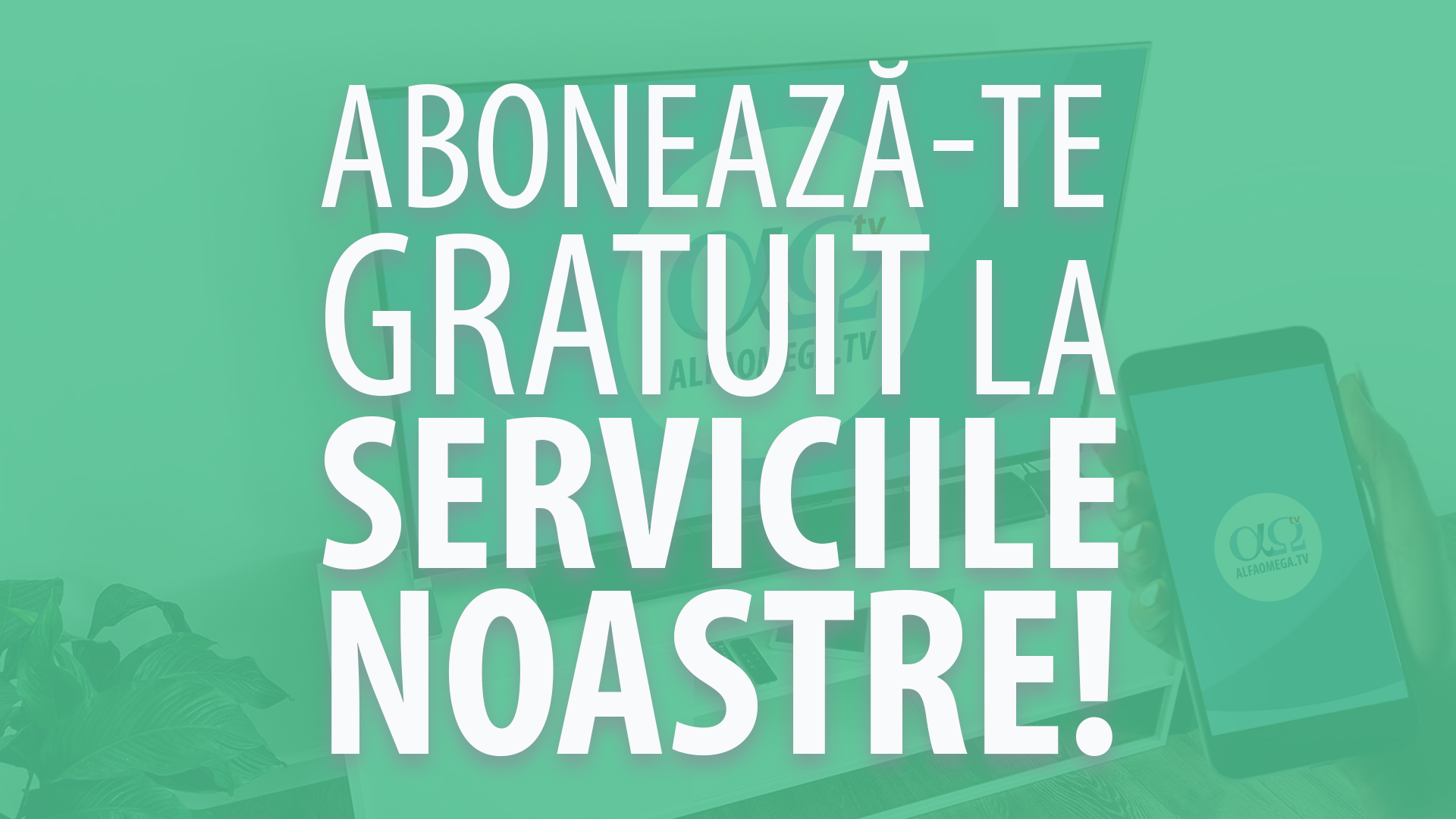God's Word is Changing Roma Communities in Romania
Gypsies in Romania are one of the largest ethnic minority groups in our country. According to the 2011 census, they numbered more than 620 thousand people, or 3.3% of the total population.
There are voices saying these figures do not reflect the reality. According to the 2013 estimates, Gypsies make up 10% of Romanias population, accounting for about 1.5 million people. About 1,500,000 Gypsies are currently living in Romania. These are the estimates of the World Bank, the Council of Europe and the National Agency for Roma.
The NIS tells us that 624,000 Roma live in Romania. There is a major difference between the two numbers. Just up to 20% of families have running water, a bathroom or a toilet inside the house in the community I work in. Of course, almost half of them have a damaged roof and an earthen floor.
Over the years, special programs for the integration of Gypsies were developed and have made visible improvements. But one of the most significant tools was the Word of God, as those who have been involved in Roma communities have noticed.
The Gypsies need the Gospel. I say this because, lately, God has given me the opportunity to plant a church among a Roma community in Maguri village. Ive seen their sincere desire to know God, their passion for music, their interest in changing their lives, and their desire to invest in the next generations.
Many have come to the conclusion that the Gospel has solutions to solve the problems of the Gypsy communities. I had the opportunity to see our Gypsy brothers... Sometimes I found myself under the impression that God took the grace from other people, including our Romanian people, and gave it to the Roma brothers for this time. Once the Gospel enters Gypsy communities, there is an increasing interest for a different life and for the education of the younger generation.
At the same time, social changes are taking place. In a community where they would drink, cut each other using knives, and where people were afraid just to walk on the street, instead of three bars, three churches were built. We open a day center there, in one of the churches in Murgeni. We work with children and adults began to change their attitude when they saw us keeping our promises, really caring about their children, and wanting to give them another chance for their future.
I am pleasantly surprised, and I think what I see today resembles very well what happened to the Jews when they came out of Egypt. I expect the change will lead to a generation that will be mature enough to tackle the difficult problems in their community, transforming the entire society.
The integration of Gypsies into society can also have a significant socio-economic impact in the long run. It is estimated that, in the coming years, the retirees in Romania will outnumber the people integrated into the labor market.
You should know that our pensions can be paid by the Gypsies. I am saying this being aware, and as a wake-up call: 30% of the active Roma population is operating in the labor market. If we dont understand this and wont integrate the Gypsies into the labor market in the coming years, it may be that when we retire, well have no one to pay our pensions.
More news and stories from Romania produced by Alfa Omega TV here: https://alfaomega.tv/en/news-from-romania













